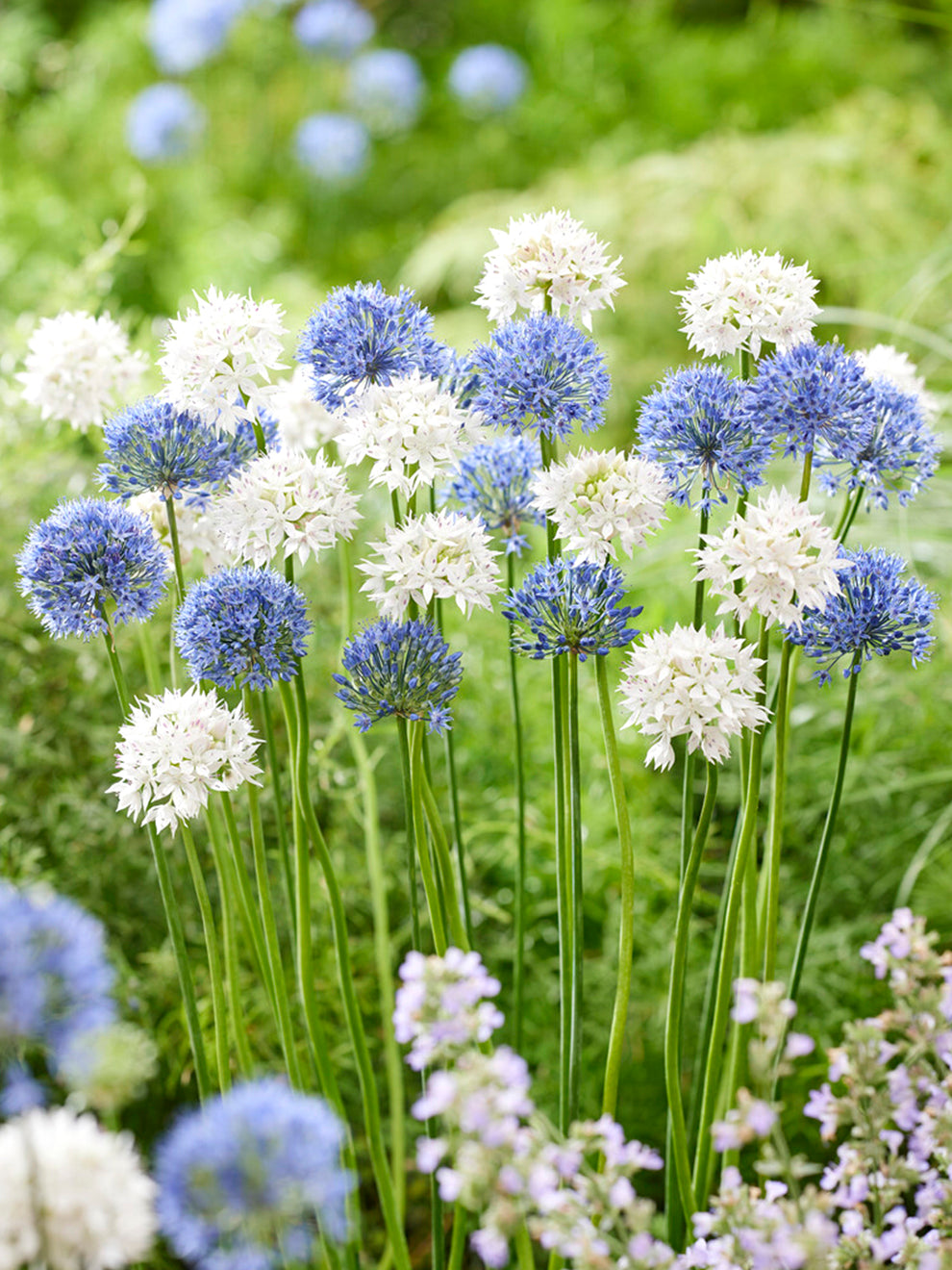
The onion, the humble bulb that forms the foundation of countless dishes, is a culinary workhorse that deserves far more recognition than it often receives. As the first entry on the list of versatile Allium plants, the onion stands out as a true marvel, offering a unique blend of flavors, nutritional benefits, and cultural significance.
From the ancient Egyptians who used onions as currency to modern-day chefs who consider them essential ingredients, the onion has played a pivotal role in human history. Its distinctive flavor profile, ranging from sweet and mild to pungent and sharp, has made it a versatile ingredient that can be used in a wide variety of cuisines.

A Flavorful Foundation
The onion’s ability to add depth and complexity to dishes is unparalleled. Its flavor can be manipulated in countless ways, depending on how it is prepared. Sautéed onions, with their caramelized sweetness, are a classic accompaniment to meats and vegetables. Pickled onions, with their tangy and crunchy texture, add a bright contrast to salads and sandwiches. And raw onions, with their bold and pungent taste, can be used to add a kick to salsas, dips, and dressings.
One of the most remarkable aspects of the onion is its ability to transform other ingredients. When added to a stew or soup, onions can help to meld the flavors of the other ingredients together. When used as a base for sauces, onions can provide a rich and flavorful foundation. And when added to a salad, onions can add a sharp and refreshing contrast to the other ingredients.
A Nutritional Powerhouse
In addition to its culinary versatility, the onion is also a nutritional powerhouse. It is a good source of vitamins and minerals, including vitamin C, potassium, and manganese. Onions are also high in fiber, which can help to promote digestive health.
Recent studies have also suggested that onions may have health benefits beyond their nutritional value. Some research has shown that onions may help to lower blood sugar levels, reduce the risk of heart disease, and even fight cancer. While more research is needed to confirm these findings, the evidence so far is promising.
A Cultural Icon
The onion has also played a significant role in human culture throughout history. In ancient Egypt, onions were considered sacred and were often used as offerings to the gods. In India, onions are believed to have healing properties and are used in traditional medicine. And in many Western cultures, onions are simply considered a staple ingredient in everyday cooking.
The onion’s cultural significance is evident in the many idioms and proverbs that reference it. For example, the phrase “crying over spilled milk” is often used to describe the futility of regretting past mistakes. And the expression “a lot of onions” is used to describe someone who is very emotional.
The onion is a truly remarkable plant that has been cherished by cultures around the world for centuries. Its unique combination of flavor, nutrition, and cultural significance has made it a culinary and medicinal marvel. Whether you are a seasoned chef or a home cook, the onion is an ingredient that you should never overlook.
Leek, often overlooked in favor of its more flamboyant cousins, onion and garlic, deserves a place of honor in the culinary world. This elegant, white-stemmed vegetable is a versatile ingredient that can add depth, flavor, and texture to a wide range of dishes. From soups and stews to savory tarts and gratins, the leek’s mild, sweet taste and tender flesh make it a delightful addition to any meal.
One of the leek’s most appealing qualities is its versatility. The tender, white stalks can be used in a variety of ways. They can be chopped and added to soups, stews, and stir-fries, where their subtle flavor enhances the overall taste of the dish. The leek’s green leaves, which are slightly more pungent than the white stalks, can be used to add a fresh, herbaceous flavor to salads, pestos, and sauces.
The leek’s mild flavor makes it a great choice for those who are sensitive to strong-tasting onions and garlic. It can be used as a substitute for these more pungent vegetables in dishes where a milder flavor is desired. For example, leeks can be used to make a creamy leek and potato soup that is both comforting and flavorful.
In addition to its culinary uses, the leek has a long history of medicinal applications. It is a rich source of vitamins and minerals, including vitamin C, vitamin K, and potassium. Leek has also been shown to have antioxidant properties, which may help to protect the body from damage caused by free radicals.
One of the most interesting medicinal uses of the leek is its potential to help prevent and treat respiratory problems. Leek contains compounds that have been shown to have anti-inflammatory and expectorant properties. This means that leeks may help to reduce inflammation in the airways and loosen mucus, making it easier to breathe.
Leek is a relatively easy vegetable to grow. It prefers well-drained soil and plenty of sunlight. Leek seeds can be sown directly into the garden in the spring or fall. The seedlings should be thinned out to about 6 inches apart once they have a few true leaves. Leeks can be harvested by pulling them up from the ground or by cutting them off at the base.
If you’re looking for a versatile and delicious vegetable to add to your diet, the leek is a great option. Its mild flavor, tender texture, and nutritional benefits make it a valuable addition to any kitchen. So next time you’re at the grocery store, be sure to pick up a bunch of leeks and give this unsung hero of the allium family a try.






